Village near Prizren still pays price of war
The villagers in Planeja, an ethnic Albanian settlement near Prizren, are increasingly dying of cancer, Beta reports.
Tuesday, 15.04.2008.
18:59

The villagers in Planeja, an ethnic Albanian settlement near Prizren, are increasingly dying of cancer, Beta reports. The news agency's Refki Alija says that the village, on the slopes of Mt. Pastrik in southern Kosovo, has some 1,000 inhabitants, many of them sought-after bakers who worked all over the former Yugoslavia, to spend their earnings building huge houses in their native village. Village near Prizren still pays price of war But the village, only kilometers away from the border with neighboring Albania, suffered greatly as NATO air strikes targeted nearby Yugoslav Army, VJ, forces during the 1999 war. In early June that year, shortly before the end of the war, U.S. bombers targeted military structures when they dropped depleted uranium bombs. But what they hit were the civilian homes of Planeja, razing almost all of the buildings to the ground. Today, almost nine years later, some 70 percent of the houses there have been rebuilt – nowhere near the three-storey structures that stood there before the war, but the people say they are happy to at least have roofs over their heads. However, the community is still facing many problems, local leader Zenun Shehu told Beta. Beside the widespread unemployment, the most worrying aspect of the life in the village, he says, is an increase in the cancer cases, and fatal outcomes of the disease. "At least five people died of cancer after the war," Shehu said. But others that Beta's reported spoke to said that the number is "at least three times that", but that this, and the number of those suffering from the illness, "is not publicly discussed". The locals also believe the radiation levels are still increased, while some diseases that they say were extremely rare before the war, such as high blood pressure, are now common. But that is not the only price of the war the villagers are paying, five of whom have lost limbs in anti-personel mine accidents. The area remains littered with mines, Beta says. Prizren municipal president Ramadan Muja said that his office "will do all it can if cancer incidence rate claims are based on fact", but added that it is up to experts to determine this. Several days ago, Muja was attending a ceremony in the village, when Turkish and German KFOR soldiers opened a local road they financed and built. KFOR's southern brigade command has on several occasions over the past couple of years denied there were any increases in the radiation levels in the area. As for the significant increase of cancer patients who have succumbed to the disease in Prizren itself in the wake of the war, KFOR's representatives said the issue was out of their jurisdiction and expertise. Although doctors have repeated on many occasions that their records show an increase in the number of cancer cases not only in Kosovo, but also across the administrative line in southern Serbia, experts are yet to officially look into the problem. No valid study was produced in Serbia so far as to the effects NATO's depleted uranium ammunition used in the war has had on the population and environment. Tuesday, a former director of the Radiation Protection Services of the World Health Organization (WHO) European Office spoke about another aspect of the issue. "The United States had information about the dangers of depleted uranium a whole year before the air strike campaign against then Federal Republic of Yugoslavia in 1999," British physicist Keith Baverstock said in an interview for the Frankfurt-based Serbian language daily Vesti. Baverstock is said to have "concluded publicly for the first time in his report" that uranium damages genetic material, which he said the WHO "overlooked". But he added his investigations "proceeded precisely from the results of a U.S. military research program". "I wanted to include the results on the genotoxicity of depleted uranium in my report, but the WHO did not permit this. Then I wanted to publish a paper on newly acquired knowledge about depleted uranium with two other colleagues who were not working for the WHO." "According to regulations, since I was employed with the WHO, I was supposed to ask their permission. The WHO did not grant it. The WHO decision was based not on the foundations of science, but of politics," the British expert claims.
Village near Prizren still pays price of war
But the village, only kilometers away from the border with neighboring Albania, suffered greatly as NATO air strikes targeted nearby Yugoslav Army, VJ, forces during the 1999 war.In early June that year, shortly before the end of the war, U.S. bombers targeted military structures when they dropped depleted uranium bombs. But what they hit were the civilian homes of Planeja, razing almost all of the buildings to the ground.
Today, almost nine years later, some 70 percent of the houses there have been rebuilt – nowhere near the three-storey structures that stood there before the war, but the people say they are happy to at least have roofs over their heads.
However, the community is still facing many problems, local leader Zenun Shehu told Beta. Beside the widespread unemployment, the most worrying aspect of the life in the village, he says, is an increase in the cancer cases, and fatal outcomes of the disease.
"At least five people died of cancer after the war," Shehu said.
But others that Beta's reported spoke to said that the number is "at least three times that", but that this, and the number of those suffering from the illness, "is not publicly discussed".
The locals also believe the radiation levels are still increased, while some diseases that they say were extremely rare before the war, such as high blood pressure, are now common.
But that is not the only price of the war the villagers are paying, five of whom have lost limbs in anti-personel mine accidents. The area remains littered with mines, Beta says.
Prizren municipal president Ramadan Muja said that his office "will do all it can if cancer incidence rate claims are based on fact", but added that it is up to experts to determine this.
Several days ago, Muja was attending a ceremony in the village, when Turkish and German KFOR soldiers opened a local road they financed and built.
KFOR's southern brigade command has on several occasions over the past couple of years denied there were any increases in the radiation levels in the area.
As for the significant increase of cancer patients who have succumbed to the disease in Prizren itself in the wake of the war, KFOR's representatives said the issue was out of their jurisdiction and expertise.
Although doctors have repeated on many occasions that their records show an increase in the number of cancer cases not only in Kosovo, but also across the administrative line in southern Serbia, experts are yet to officially look into the problem.
No valid study was produced in Serbia so far as to the effects NATO's depleted uranium ammunition used in the war has had on the population and environment.
Tuesday, a former director of the Radiation Protection Services of the World Health Organization (WHO) European Office spoke about another aspect of the issue.
"The United States had information about the dangers of depleted uranium a whole year before the air strike campaign against then Federal Republic of Yugoslavia in 1999," British physicist Keith Baverstock said in an interview for the Frankfurt-based Serbian language daily Vesti.
Baverstock is said to have "concluded publicly for the first time in his report" that uranium damages genetic material, which he said the WHO "overlooked".
But he added his investigations "proceeded precisely from the results of a U.S. military research program".
"I wanted to include the results on the genotoxicity of depleted uranium in my report, but the WHO did not permit this. Then I wanted to publish a paper on newly acquired knowledge about depleted uranium with two other colleagues who were not working for the WHO."
"According to regulations, since I was employed with the WHO, I was supposed to ask their permission. The WHO did not grant it. The WHO decision was based not on the foundations of science, but of politics," the British expert claims.










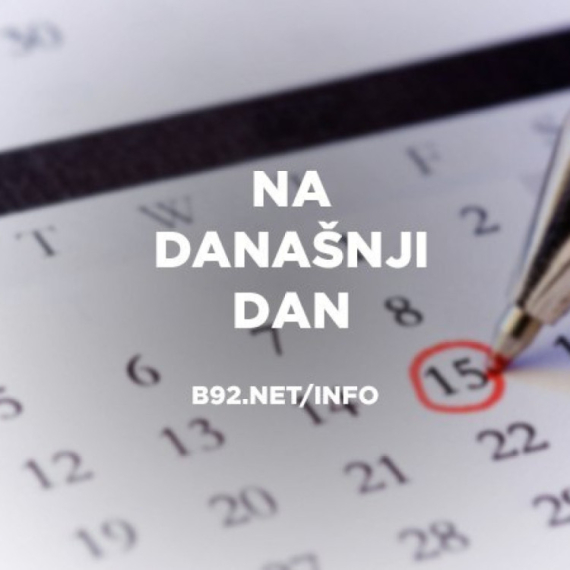
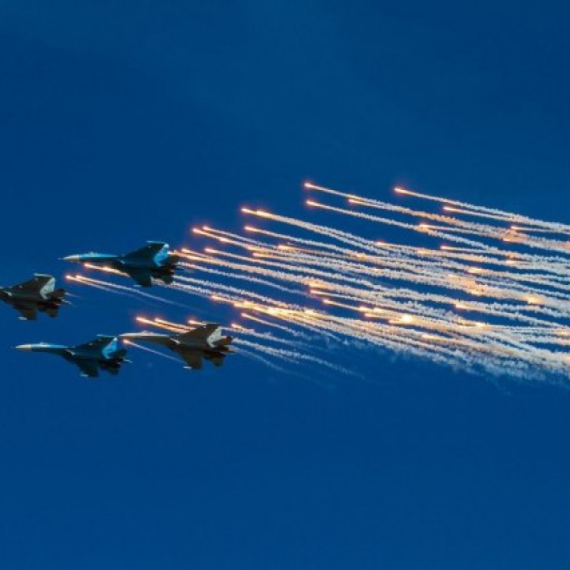

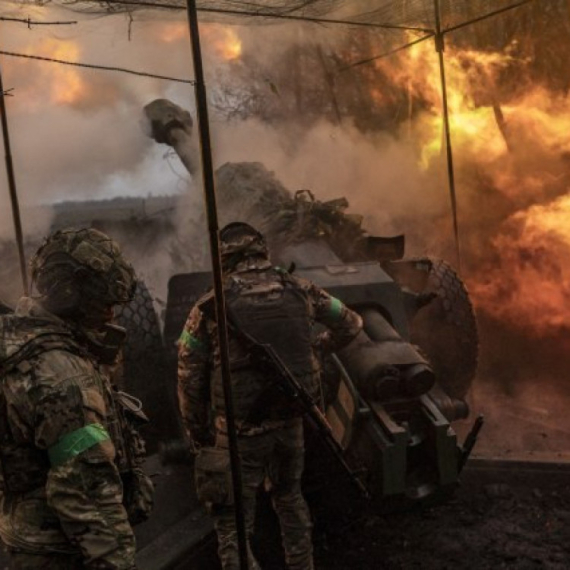

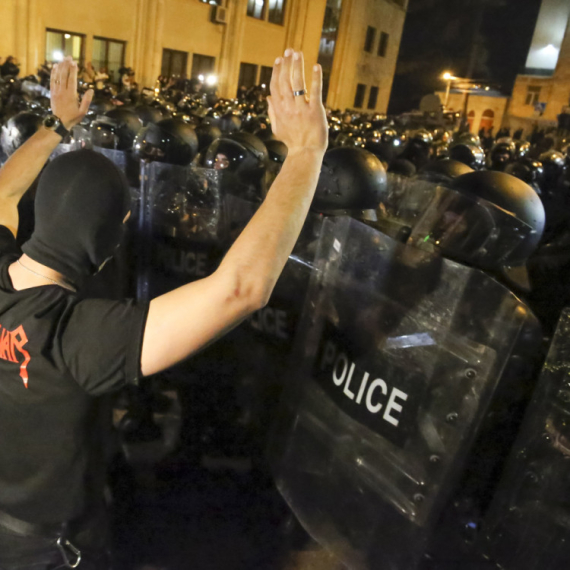
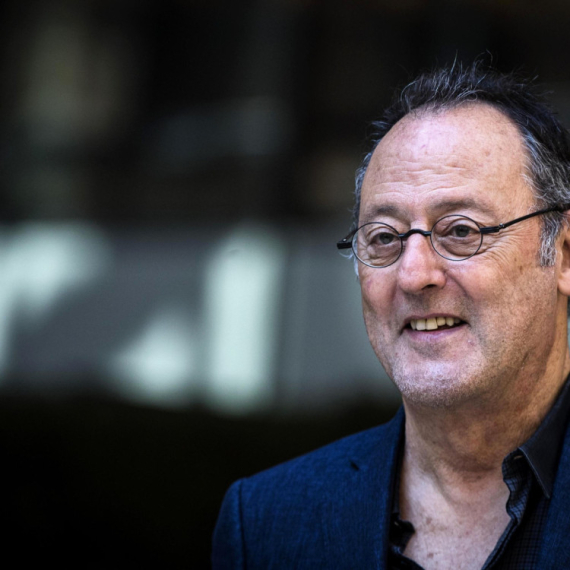





















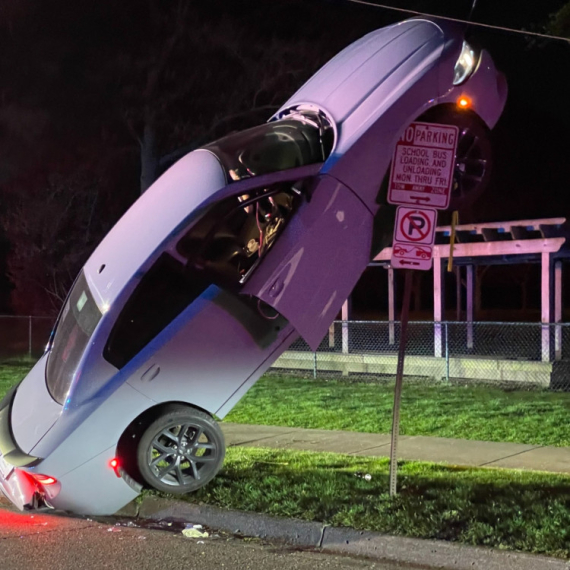

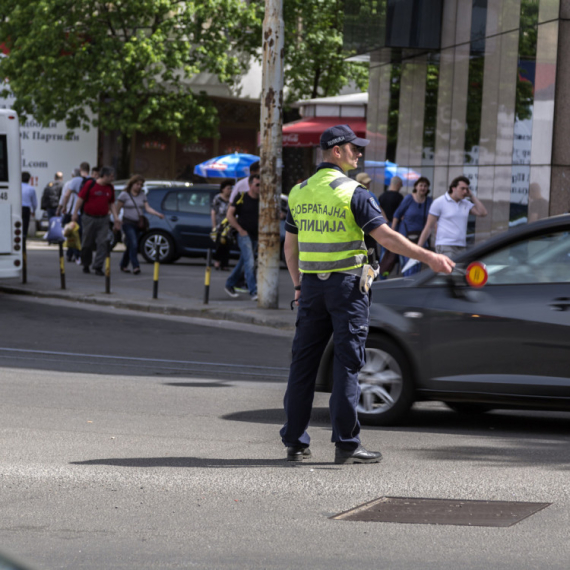


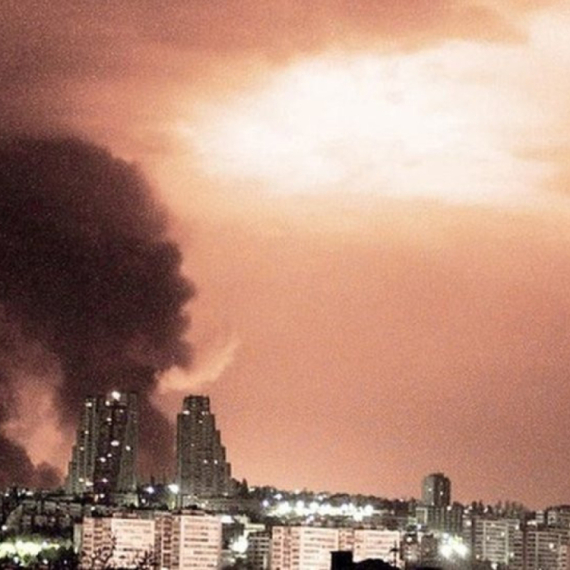
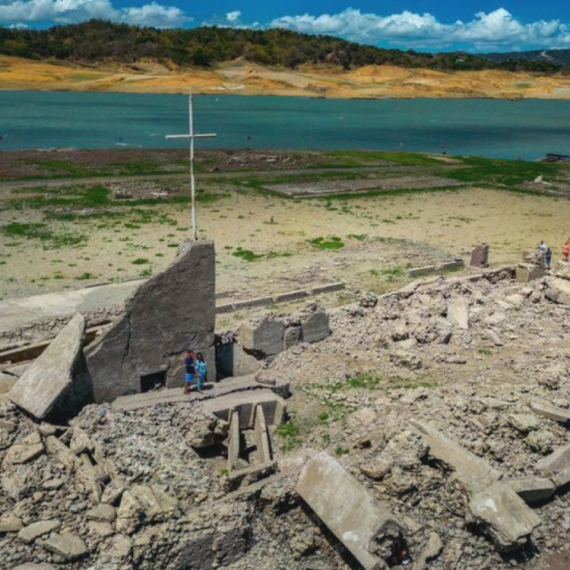


Komentari 3
Pogledaj komentare